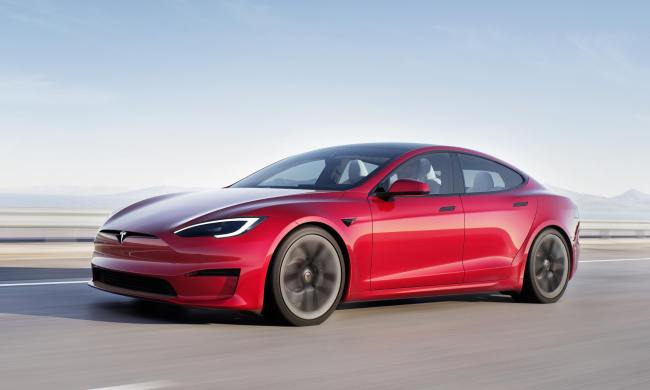The top players in the race to put self-driving cars on the road are quickly realizing they can’t win alone. Hyundai and Aptiv announced they’re pooling their resources into a joint venture created to accelerate the process of making truly autonomous vehicles — those without pedals or a steering wheel — a reality in the not-too-distant future.
Hyundai and Aptiv each own a 50% stake in the $4 billion joint venture. Engineers and researchers from both companies will work together to develop safe, reliable level-four and level-five technology. Aptiv will contribute years of expertise in making cars drive themselves, and about 700 employees. Hyundai and sister company Kia will make their research and development resources, their engineering services, and their intellectual property available.
The partners aim to start testing prototypes in 2020. They’ll be fully driverless, meaning they’ll be able to operate without a human driver behind the wheel, but odds are Hyundai and Aptiv will place safety engineers behind the wheel to monitor the testing process, and take over in case something goes wrong. The testing phase will last approximately two years, and a good chunk of it will take place in South Korea because that nation’s 5G network is one of the best in the world.
The data gathered during the testing phase will help engineers bring a production-ready autonomous car platform to the market by 2022, according to a joint statement. It stands to reason that Hyundai will benefit from the technology it’s developing with Aptiv. Other automakers will, too. The joint venture will target robotaxi providers, fleet operators, and carmakers. Rival Honda could sell a car that incorporates Hyundai’s technology, for example.
The tie-up won’t affect Hyundai’s existing partnership with Aurora.
“This announcement does not impact our existing partnerships. Of course, the software for autonomous driving will be developed through the JV, but autonomous technology is very complex and requires an understanding of various environments and regions, so we will continue to work with various partners to develop the best technology under our “Open Innovation” spirit,” a Hyundai spokesperson told Digital Trends.
Hyundai’s rivals have teamed up with tech companies specialized in autonomous cars before. Chrysler notably provides Waymo with its Pacifica minivan, Honda invested $2.75 billion into GM’s Cruise, while Volvo and Uber have a long-standing relationship. The tie-up between Hyundai and Aptiv illustrates that vertical and horizontal integration is a huge benefit. Digital Trends predicts other car and tech firms will form similar joint ventures in coming years both in order to keep up, and to split the sky-high development costs.
Updated 9-23-2019: Added quote about Aurora partnership.



